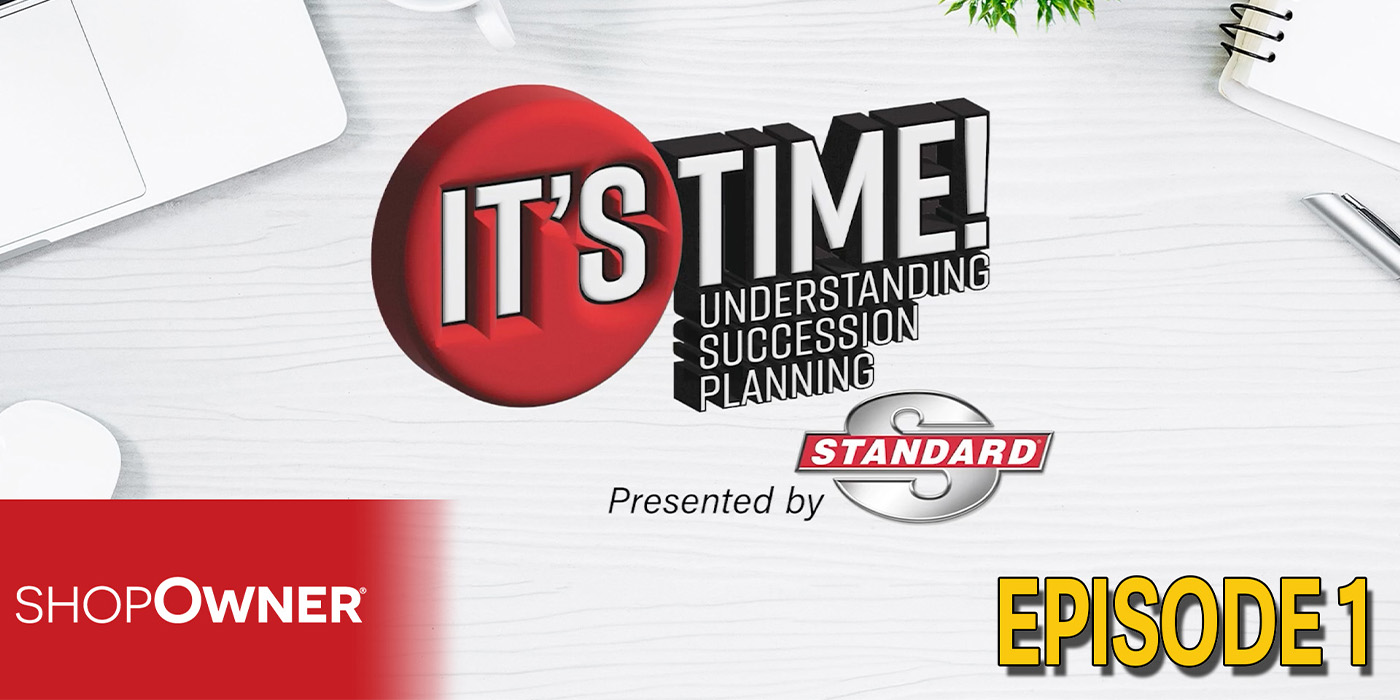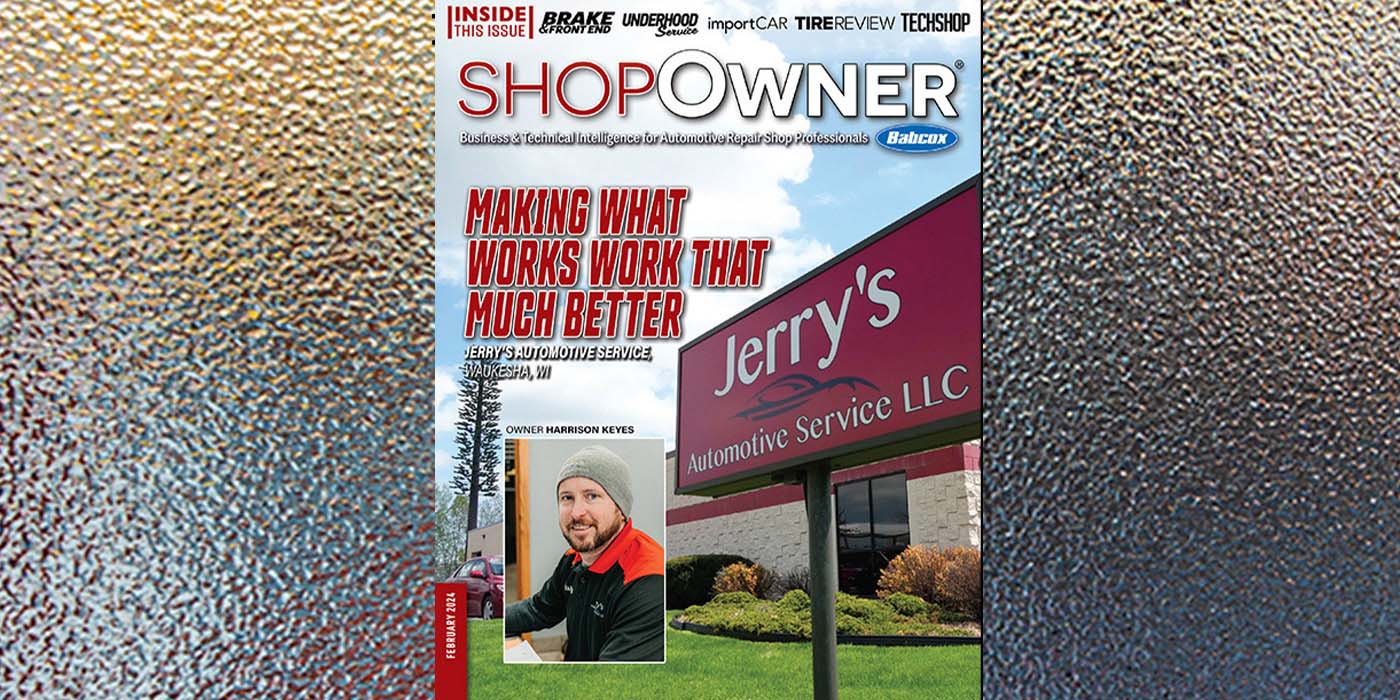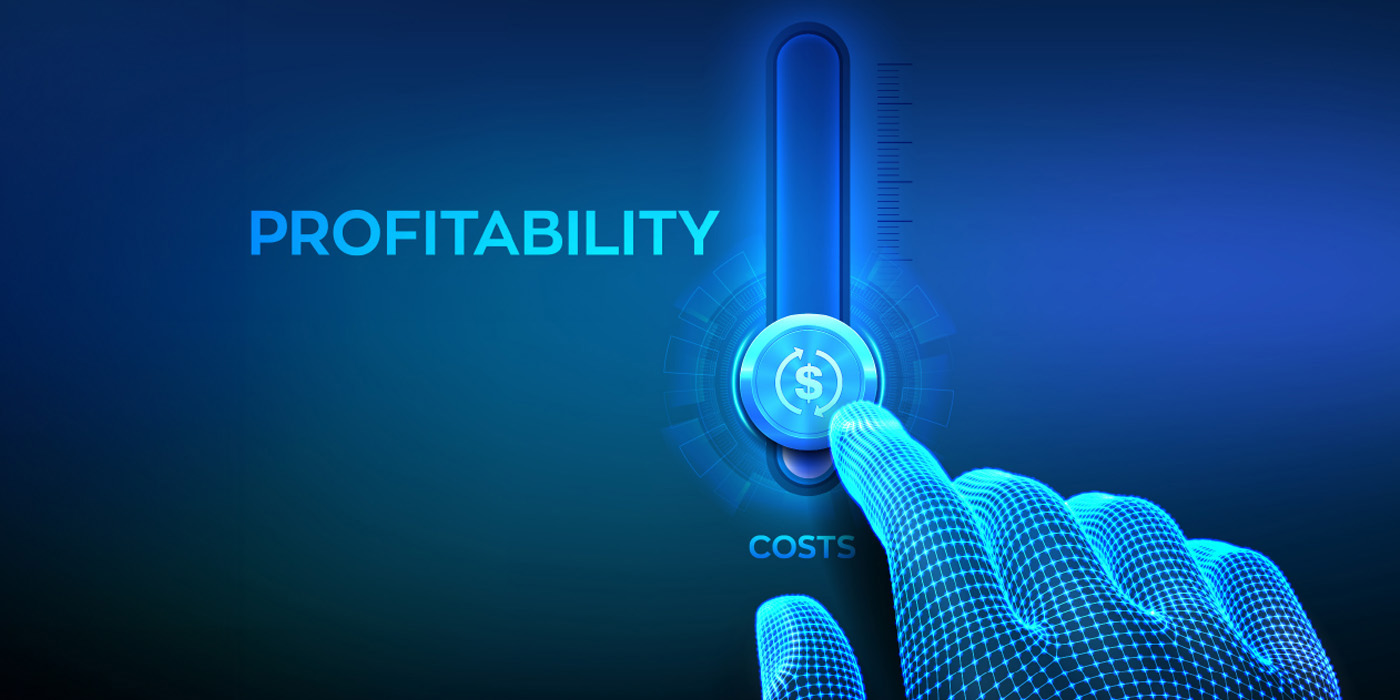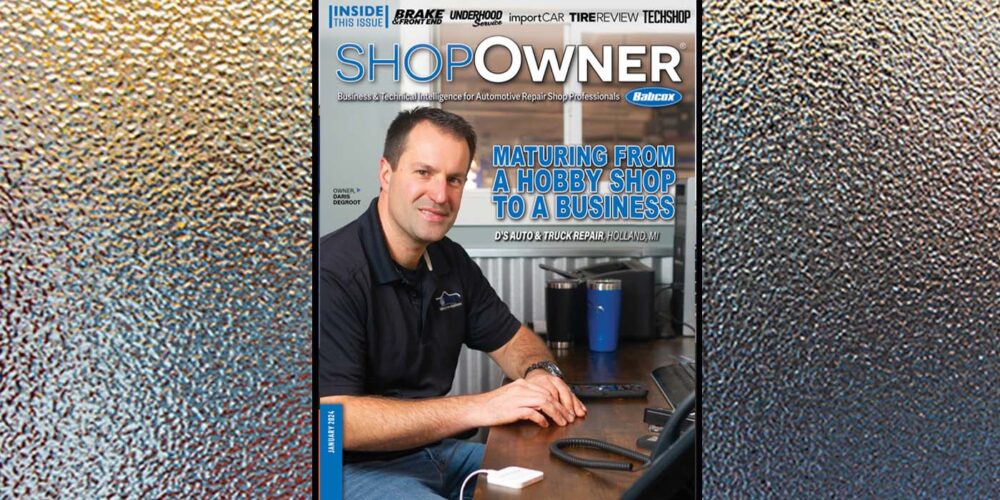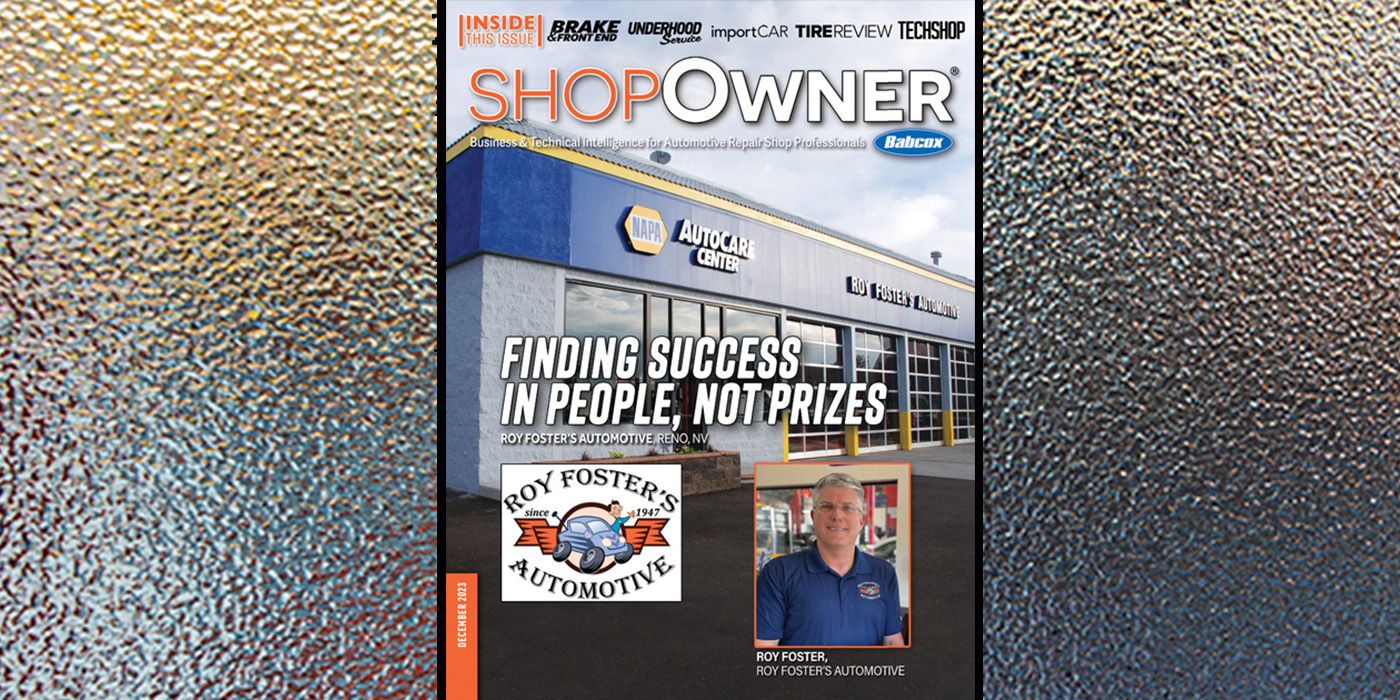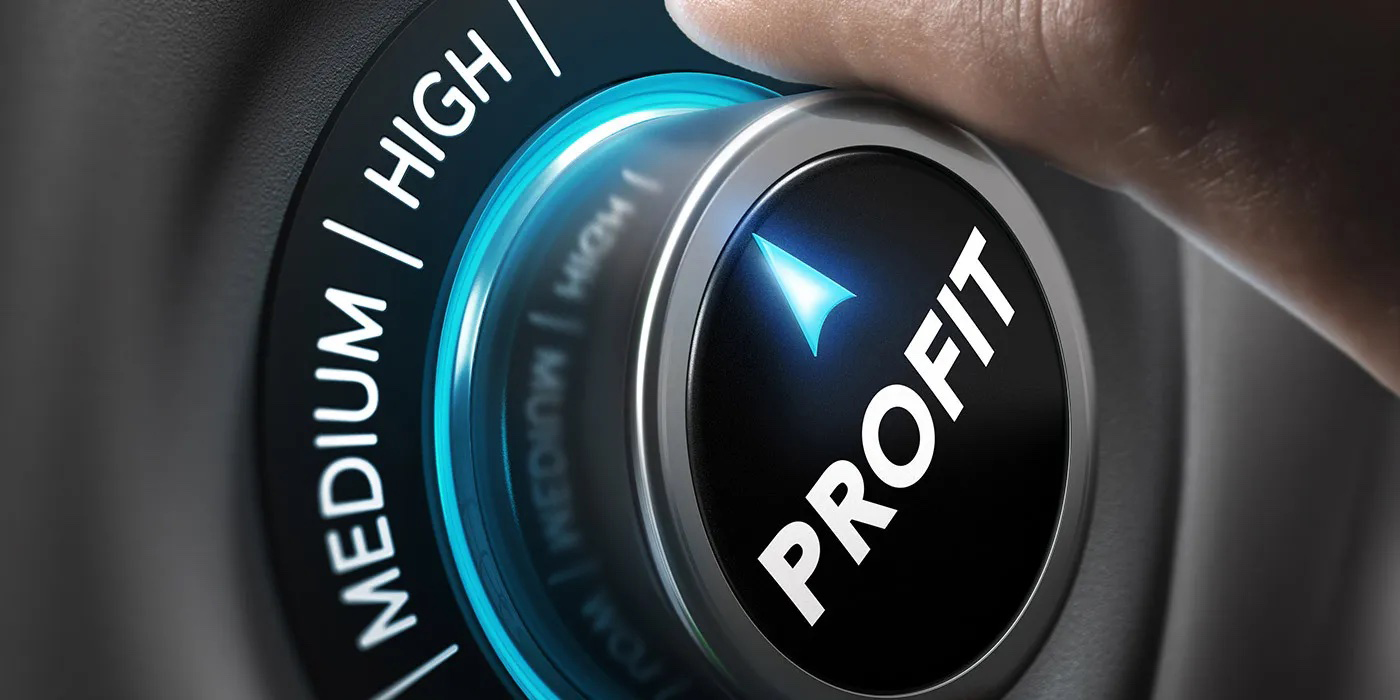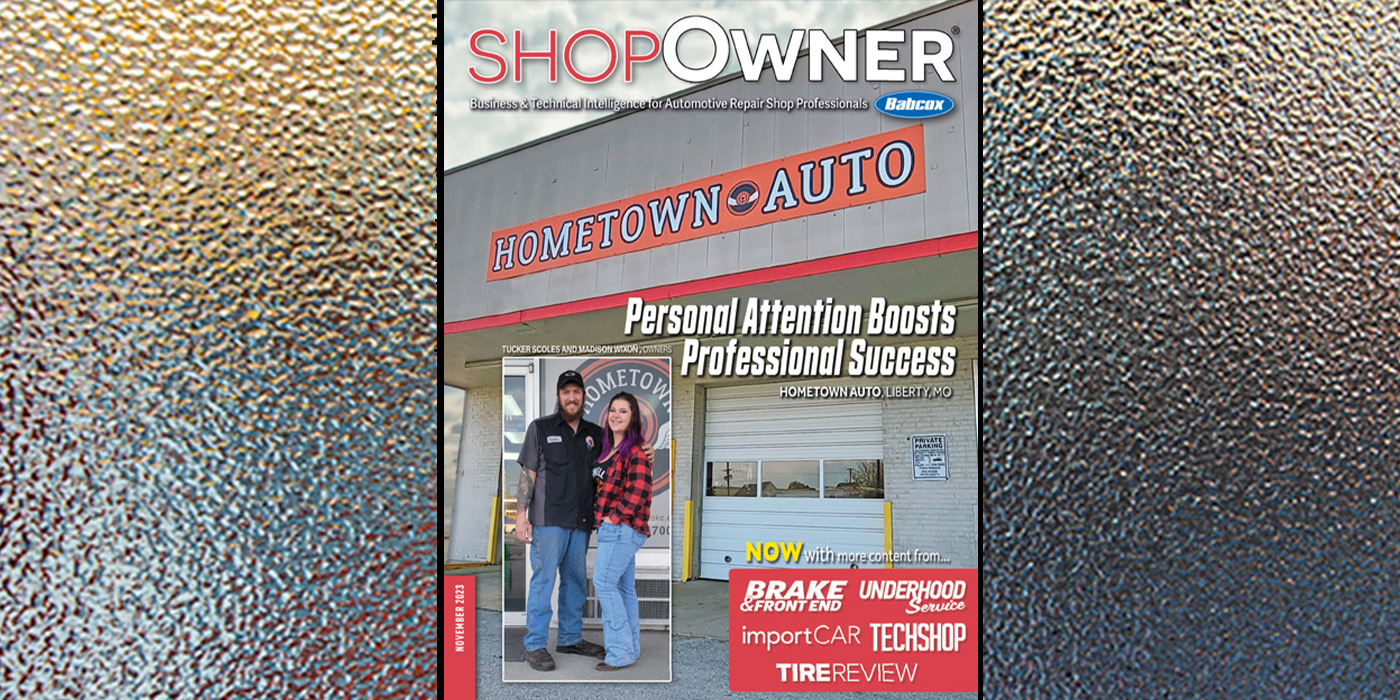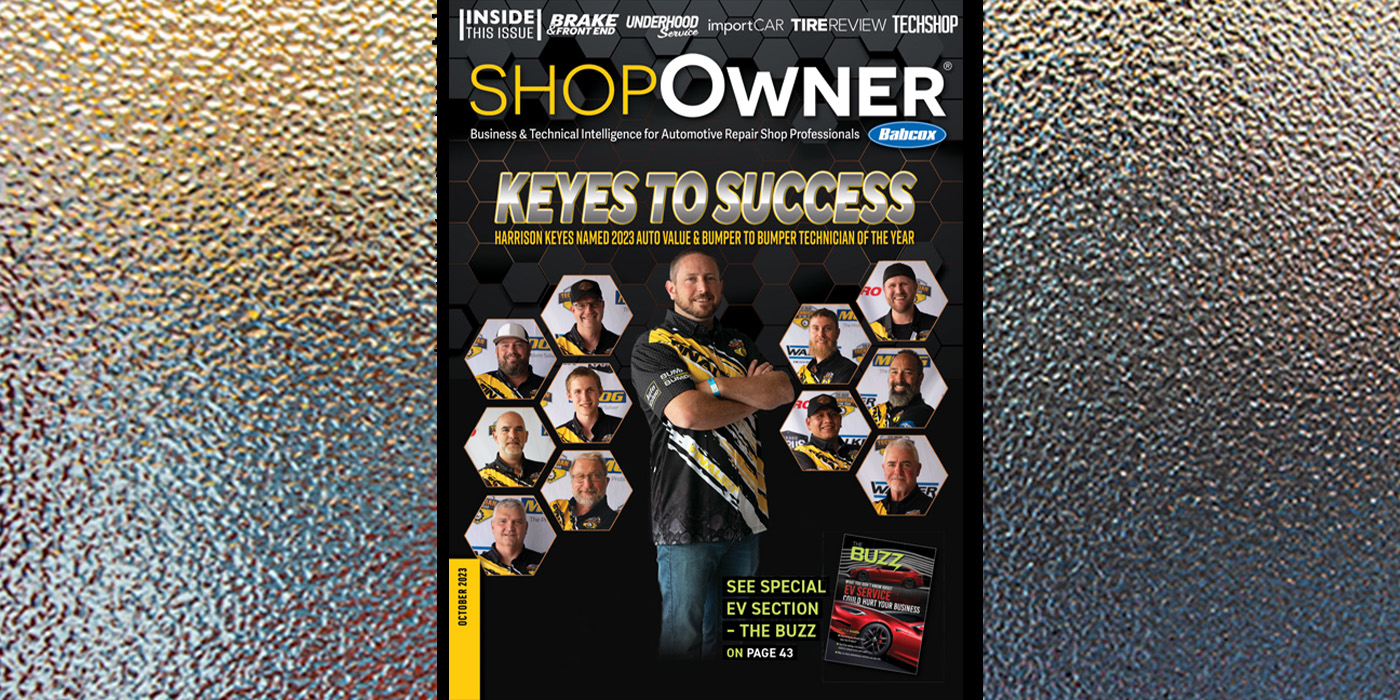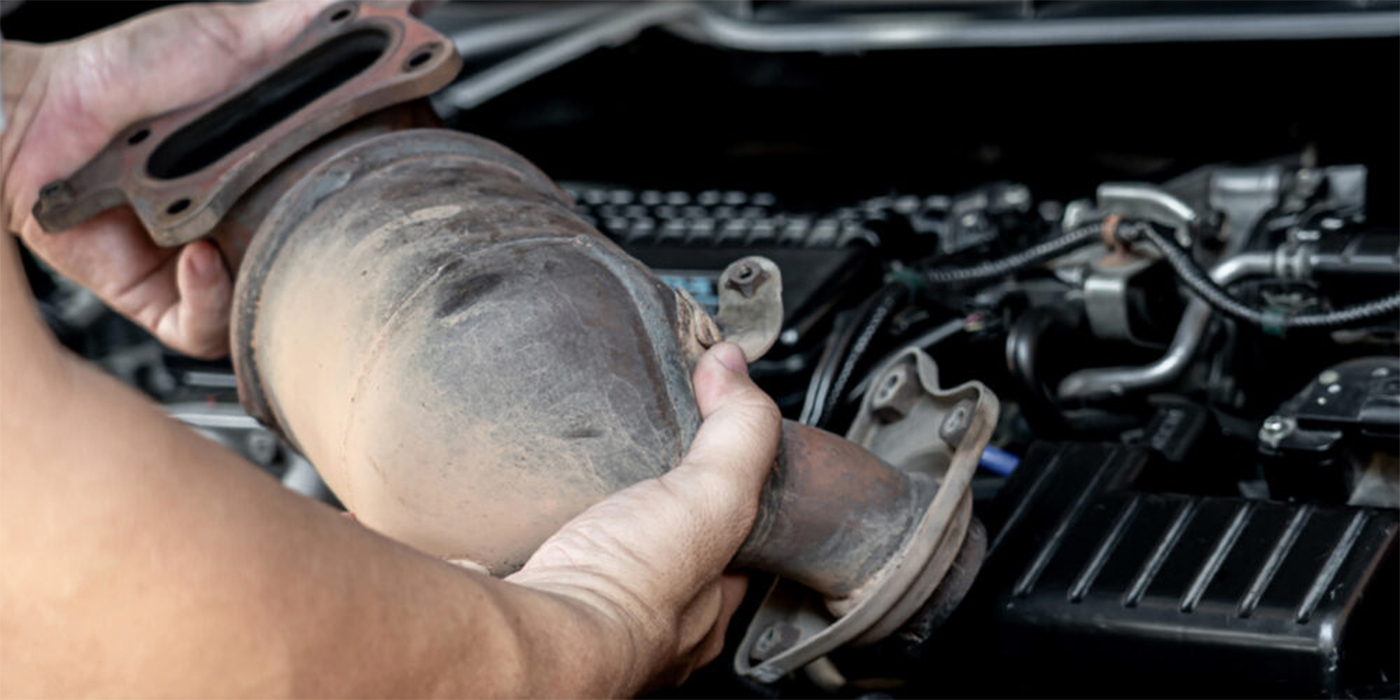by Mary DellaValle, editor
In the first of a two-part series, we delve deep into the process of selling a business by interviewing Art Blumenthal, nationwide automotive aftermarket business broker, who provides business valuations, exit planning, and buying and selling advisor services. 
If you’ve considered the following topics regarding your own business, information contained in this interview may be of assistance to you:
• Is reaping the rewards of selling your business for the highest cash price, either in the short term or long term, a priority to you?
• Are you concerned about having to make new investments in inventory and equipment to grow the business?
• Do you fear that further changes in tax rates or a reduction in the value of your business in the future may result in lower net proceeds if you wait too long to sell?
• Or, are you thinking about growing your business by adding another shop?
• Or, maybe you just feel excited that the time is right to take it easy and enjoy retirement or pursue a different venture?
Why should a shop owner considering buying or selling an auto service business use a business broker?
The process of buying or selling a business requires dedication and the attention of a professional with the knowledge of the complete flow of a business transaction. The process is often an “emotional rollercoaster” for both seller and buyer, as described in a case study regarding the sale of Hermansader’s Garage published in the November/December 2012 issue of Shop Owner.
Marketing and facilitating a business transfer is a full-time job! You deserve someone who will work as hard as you do. A qualified broker will save business owners and prospective buyers money by helping them avoid costly mistakes, effectively marketing the appeal of the business, and maximizing exposure to serious, qualified buyers — all with complete confidentiality.
Are there questions a seller should be asking himself when considering using a business broker?
If you are interested in selling your business and don’t know the answer to any of the questions below, you could benefit from the assistance of a professional broker (and you are not alone!): 
• How do you reach qualified buyers without disclosing your intentions to sell to employees, customers and suppliers?
• How do you evaluate your business objectively to ensure you receive top dollar for your investment and avoid costly negotiating tactics?
• How do you prepare and provide the information a prospective buyer will require to interest him in pursuing your business in favor of other options?
• How do you find a cash buyer or assist in securing financing for the buyer, to avoid giving risky seller financing, where your payoff is tied to the competence of the buyer and the economic conditions in the marketplace?
• How do you market your business in all of the appropriate markets, databases and media efficiently, cost-effectively and confidentially?
• How do you screen and pre-qualify buyers, determine their motivations, managerial capabilities and financial strength?
• How do you effectively sell your business, devoting significant time, effort and resources to that process, while continuing to manage your ongoing business productively and at maximum profitability?
• How do you avoid serious mistakes that cost you money or result in legal battles, even after the sale is concluded?
Business owners have focused their entire lives on growing and developing their businesses and seldom know how to answer all of the above questions. The sale of your business demands a professional, just as running your business has demanded your professional attention. It’s not uncommon for a good broker to successfully exceed your selling price expectations, over and above the fee that is paid for his/her professional services.
Do you have professional tips that a shop owner can use to sell his automotive service business for top dollar?
As a busy automotive service shop owner, the topic of selling your business may be something you haven’t considered at all, or it may be on the back burner, or perhaps it’s front and center in your plans right now. Regardless of where you stand, it’s never too early to start planning ahead to ensure that when you’re ready to make your exit, you will maximize the sale price of your business and minimize the potential headaches, including the tax consequences, involved in the process.
If you’re serious about maximizing the sale price, perhaps the most important thing to remember is that selling your business should not be viewed as an event, but rather as a “process.”
Important elements of the process include: 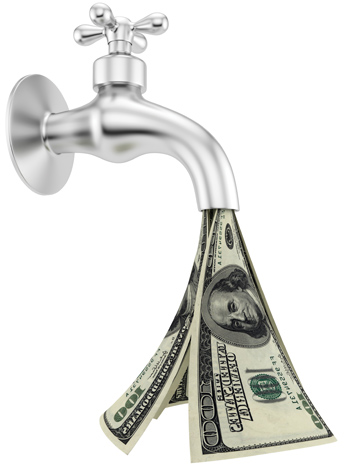
a) Business Valuation is Tied to Cash Flow
To price your shop to sell, make sure that you price your business “right.” You don’t want to price it too low, but you certainly don’t want to price it too high either…and be passed over by a serious buyer with financial resources. Keep in mind that what the business is worth to you — in terms of emotional value — may not match what the enterprise is worth in today’s market. Unlike selling a house or other real estate, an automotive business will be viewed by a buyer in terms of its “cash flow,” and your potential income stream will be compared by buyers to other investments in the marketplace.
Most business owners, and their accountants, do their best to minimize taxes, not maximize profits. Remember that buyers are buying your cash flow more than anything else. While there are a variety of sophisticated methods of valuing a business, the bottom line is that the sales price of the business will likely translate to a multiple of the cash flow, so everything that can be done to present your business with the highest cash flow will directly result in a higher sale price.
One of the biggest mistakes that a seller can make is leaving dollars on the table through an improper “recasting” of the financials that does not maximize the cash flow. Many sellers and brokers simply do not have the skills or don’t exert the time and energy to find legitimate add-backs to cash flow, such as “personal” expenses that are run through the business. A broker who has industry-specific experience will have seen hundreds of financial statements for automotive businesses and, therefore, will know exactly which expenses to question as higher than industry norms.
Overpricing or underpricing a business is a common mistake. It’s fine to be confident that you can successfully sell your business at a good price, but far too many business owners go into the selling process thinking that they will get top dollar simply because they believe that is what it’s worth…or what it was worth in its heyday. In the real world, true value is based on quantifiable criteria, not the seller’s emotional appraisal.
Conversely, it’s also a mistake to state a price before knowing the full potential value of your business. Don’t sell yourself short by setting a price too quickly, even if you are burned out and highly motivated to retire, downsize or pursue other business interests. Remember, you can always come down, but it’s more difficult to raise your price once the marketing process begins.
b) Timing is Critical to Maximizing the Sale Price
Few business owners are lucky enough to sell their business at the perfect time. Too many owners wait until the last minute to decide to sell their business. They wait until business is down, or they are completely burned out, or their partnership has soured, or they have an unfortunate health issue, or perhaps their franchise or lease is close to expiration.
The time to sell is:
• When business is good;
• When you don’t have to sell; and
• Before the emergency happens.
Talk to other business owners who have sold and you’ll likely hear regrets that they did not sell at the most opportune time. By waiting, they may have encountered a new competitor, shrinking market share, a downturn in the economy, changes in neighborhood demographics, or an evolution in automotive technology that negatively impacts the aftermarket.
The best time to sell is not necessarily now either. If your business has had a couple of down years and you have not yet turned the corner to positive sales and profit increases, then you can expect to see a decline in the value of your business and a longer time to find a qualified buyer. If you can muster the energy to breathe new life and profits into your business, retrain your people, increase your advertising and improve your customer service, then waiting to put your business on the market may be the path to maximizing your sale price. If you honestly don’t have this energy, then chances are it’s best for you to sell quickly, as the value of your business may drop dramatically if the negative trend continues.
If you decide to hold off on marketing your business, it’s still smart to obtain a base-line valuation for your business today. As mentioned earlier, the simple exercise of going through the valuation process teaches a business owner how a prospective buyer determines an offering price. Reviewing your cash flow on at least a quarterly basis and updating the valuation will provide you with valuable insight into whether or not the changes that you have instituted are having the desired effect and yielding a quantifiable and positive return on your investment in time and money.
How does an automotive aftermarket shop owner choose the best business broker to suit his needs?
If you choose to sell your business, take your time in selecting a business broker who you are comfortable with, one whom you feel will be by your side every step of the way. A careful decision is often made based upon a review of the “pros and cons.” Here are few of the potential “pros” for selecting Art Blumenthal, LLC to help you sell your business:
• I have bought, sold and profitably operated several Midas shops and an auto service software company over the past 30+ years. Being an entrepreneur allows one to become experienced in all facets of a business — from operations, to finance, to marketing, to ultimately selling the business. Now I can leverage that experience and expertise to be instrumental in the buying and selling process for tire and auto service owners and entrepreneurs.
• I have been involved in the sale of more than 20 auto service businesses in the past year and specialize in only this type of business. 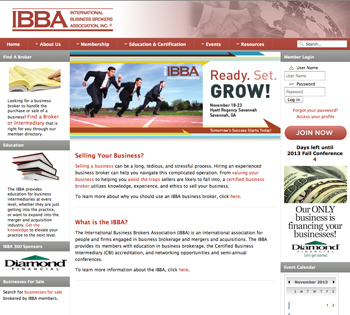
• As a seasoned aftermarket professional representing you, I can relate to your challenges, target market your business to an existing and ever-expanding network of potential automotive aftermarket business buyers, and negotiate the best possible selling price.
• I represent only a relatively small number of business owners at a time and provide the best possible level of direct communication and service.
• I have the expertise, tools and professional team to market and sell your business successfully on a national basis. I’m a member of the International Business Brokers Association (IBBA) with more than 1,500 members nationally. All of my listings are promoted on the IBBA website.
• I will strictly abide by the written standards regarding ethics and confidentiality established by the IBBA.
• I’m a Certified Business Intermediary (CBI), which is the most highly regarded certification within the broker community and business professionals nationwide.
• In many cases, the potential buyer of your business does not currently live in your area. The combination of my focus on building a nationwide automotive aftermarket database and the strength of over 1,500 broker affiliates is most likely going to generate multiple qualified buyers.
• Creating competition among multiple buyers, rather than just finding a single buyer, is my goal. A buyer without competition feels free to offer less than the full value of a business. When a buyer knows that several other buyers are looking at the same business, they are hesitant to offer less than the price and terms being solicited.
Look for Part 2 of this Executive Q&A in the January/February 2014 issue of Shop Owner, where we will address such topics as what affects the selling price, what a seller needs to do to help sell the business, how long it will take to sell the business, what fees are charged by a business broker and much more.
Leveraging more than 30 years of experience as both an aftermarket business owner and aftermarket technology executive, Art Blumenthal LLC provides business intermediary and advisory services to both buyers and sellers of industry businesses of all sizes. Art is a member of IBBA (International Business Brokers Association, Inc.). For more information, or to initiate a no-obligation confidential consultation, visit www.art-blumenthal.com.


